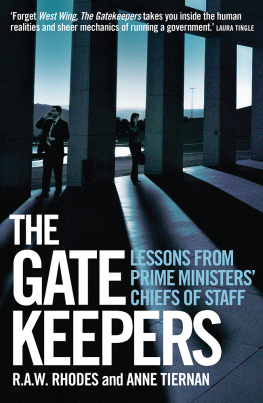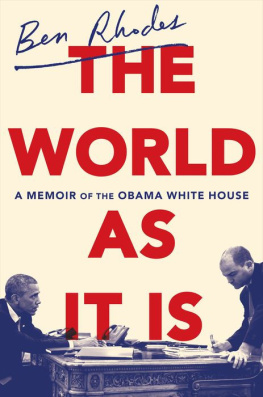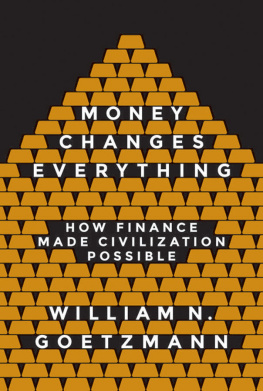William Rhodes - Banker to the World: Leadership Lessons from the Front Lines of Global Finance
Here you can read online William Rhodes - Banker to the World: Leadership Lessons from the Front Lines of Global Finance full text of the book (entire story) in english for free. Download pdf and epub, get meaning, cover and reviews about this ebook. year: 2011, publisher: McGraw-Hill Education, genre: Politics. Description of the work, (preface) as well as reviews are available. Best literature library LitArk.com created for fans of good reading and offers a wide selection of genres:
Romance novel
Science fiction
Adventure
Detective
Science
History
Home and family
Prose
Art
Politics
Computer
Non-fiction
Religion
Business
Children
Humor
Choose a favorite category and find really read worthwhile books. Enjoy immersion in the world of imagination, feel the emotions of the characters or learn something new for yourself, make an fascinating discovery.

- Book:Banker to the World: Leadership Lessons from the Front Lines of Global Finance
- Author:
- Publisher:McGraw-Hill Education
- Genre:
- Year:2011
- Rating:4 / 5
- Favourites:Add to favourites
- Your mark:
Banker to the World: Leadership Lessons from the Front Lines of Global Finance: summary, description and annotation
We offer to read an annotation, description, summary or preface (depends on what the author of the book "Banker to the World: Leadership Lessons from the Front Lines of Global Finance" wrote himself). If you haven't found the necessary information about the book — write in the comments, we will try to find it.
From Ukraine to China and Nigeria to Egypt debt and finance are central to global stability and United States interests. No one else has nearly as much experience on the front lines as Bill Rhodes. All who care about the 21st century will profit from close study of his thoughts.
Lawrence H. Summers, Charles W. Eliot University Professor and President Emeritus at Harvard University, former Secretary of the Treasury for President Clinton, and former Director of the National Economic Council for President Obama
In more than five decades with Citi, William Bill Rhodes, the firms former senior vice chairman and senior international officer, has worked with senior business leaders, statesmen, and strongmen and brokered immense financial deals while looking across the table at finance ministers . . . and up the barrels of guns trained on him. He has earned the cooperation of Fidel Castro over cigars and the admiration of Rupert Murdoch, who said of Rhodes, By dogged hard work, Bill forms important and great relationships. Everyone knows Bill. Everyone trusts Bill.
From these and other experiences, Rhodes has learned a lifetime of lessons about managing amid crisesand, more important, how to lead prudently, decisively, and effectively to prevent crises from ever happening in the first place. In Banker to the World, Rhodes presents his collected wisdom, best-practices, analysis, and anecdotes in one essential volume on the creation of value through leadershipand on the importance of leading by ones values.
Dramatically illustrated by more than two dozen examples, Rhodess principles offer an excellent foundation for leaders at all levels. Having honed his skills in high-level negotiations around the worldincluding those with the Sandinistas, heads of state, and corporate CEOs in situations ranging from the opening of post-apartheid South Africa and the defusing of the Latin American debt bomb to the forestalling of the nationalization of Citi assets in VenezuelaRhodes dispenses invaluable advice, including:
- Anticipate problems by visualizing their impact: Get ahead of risk by taking a comprehensive view of potential obstacles.
- Confront problems directly and proactively: When faced with a critical situation, going directly to its epicenter is what turns a crisis into an opportunity.
You may not be presented with challenges such as restructuring a nations multibillion-dollar debt or dealing with Zimbabwean president Robert Mugabe. But in Banker to the World, Bill Rhodes gives takeaway lessons on leading with character, tact, and determination that any manager, executive, or government official will use again and again to evaluate challenges, anticipate responses, and be more decisive in navigating crises of any size.
William Rhodes: author's other books
Who wrote Banker to the World: Leadership Lessons from the Front Lines of Global Finance? Find out the surname, the name of the author of the book and a list of all author's works by series.








